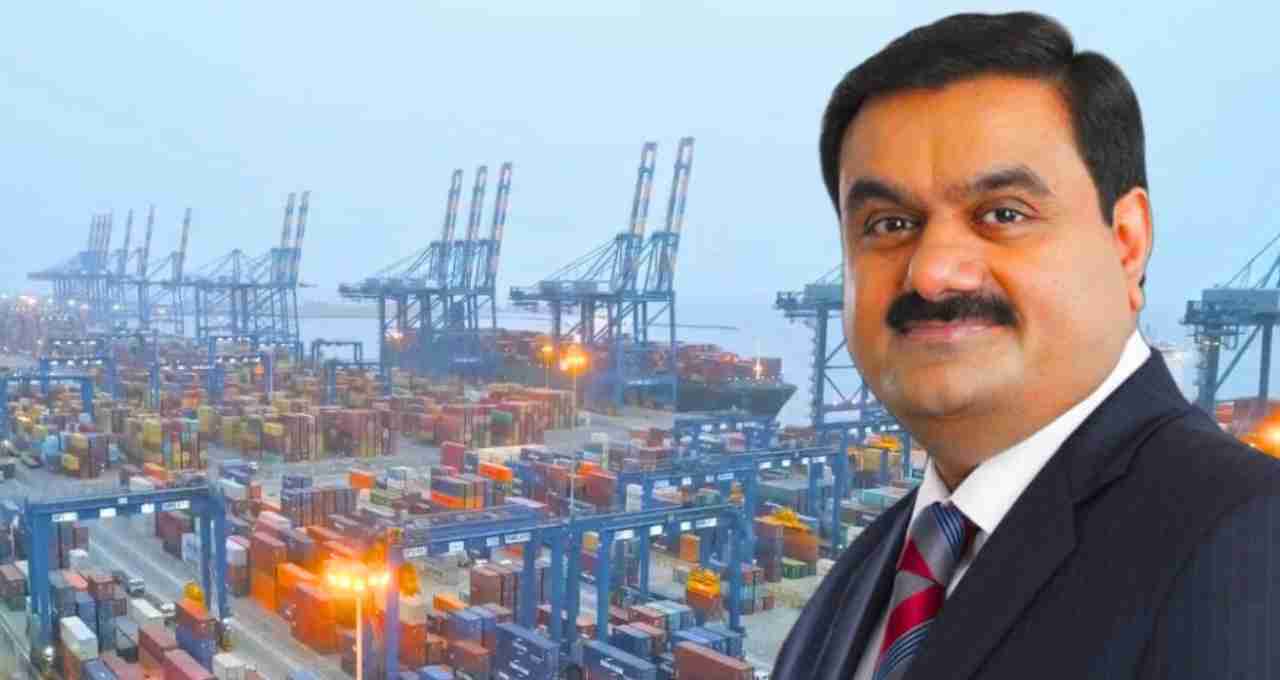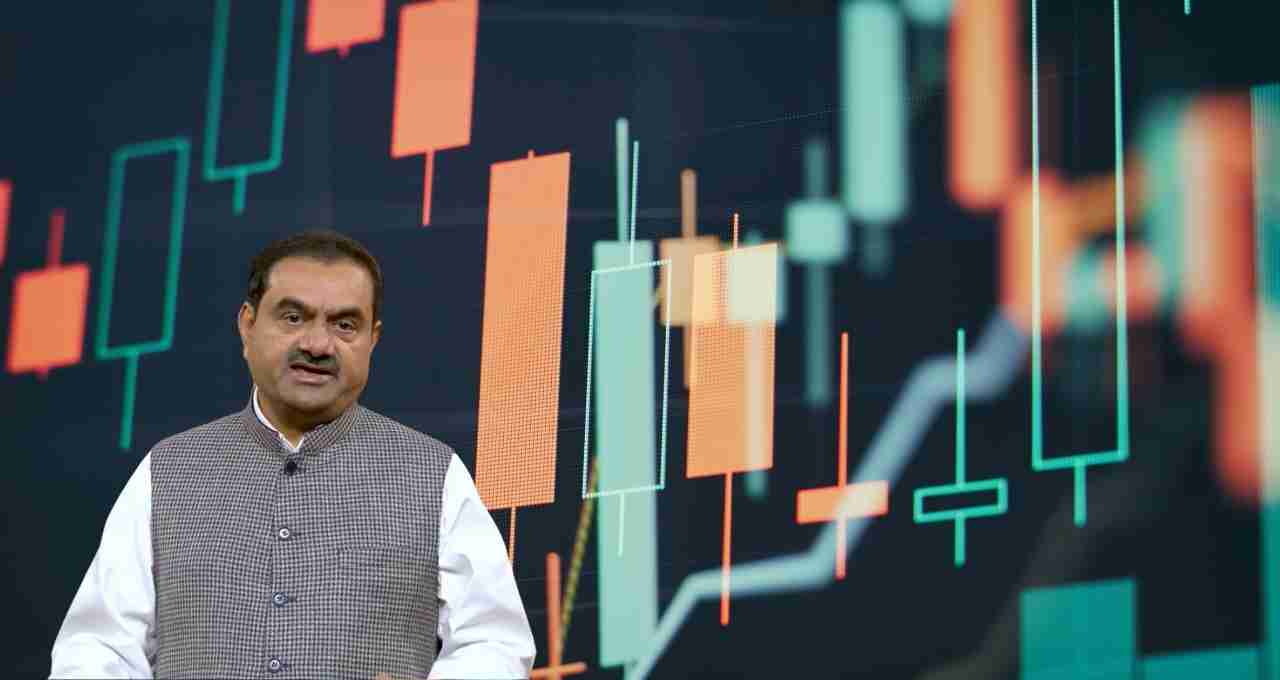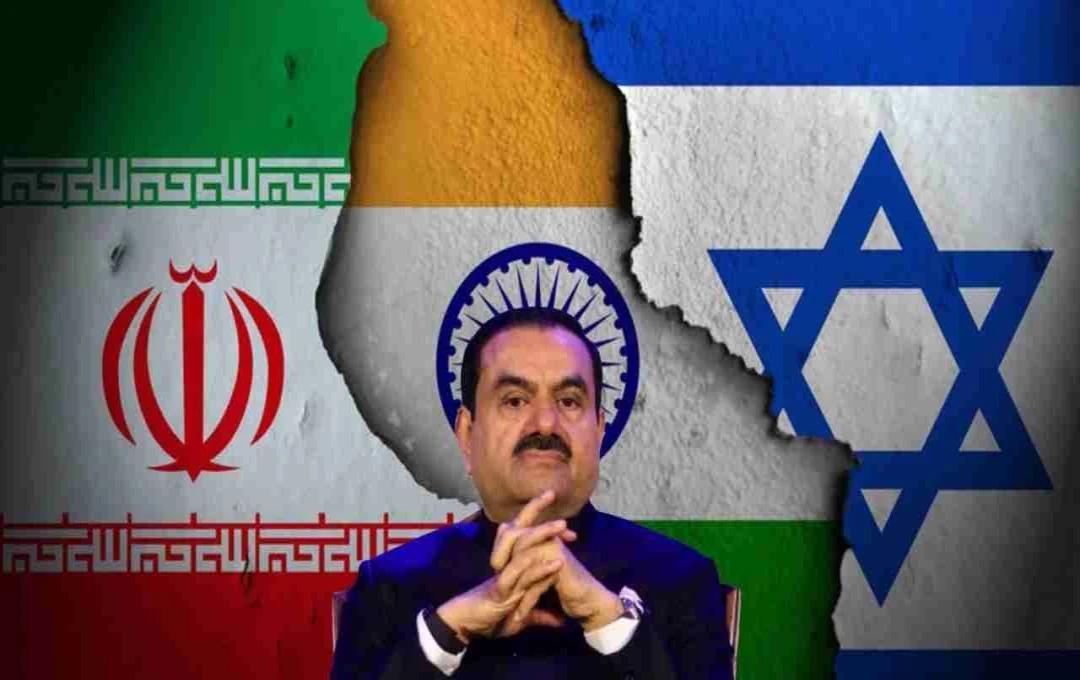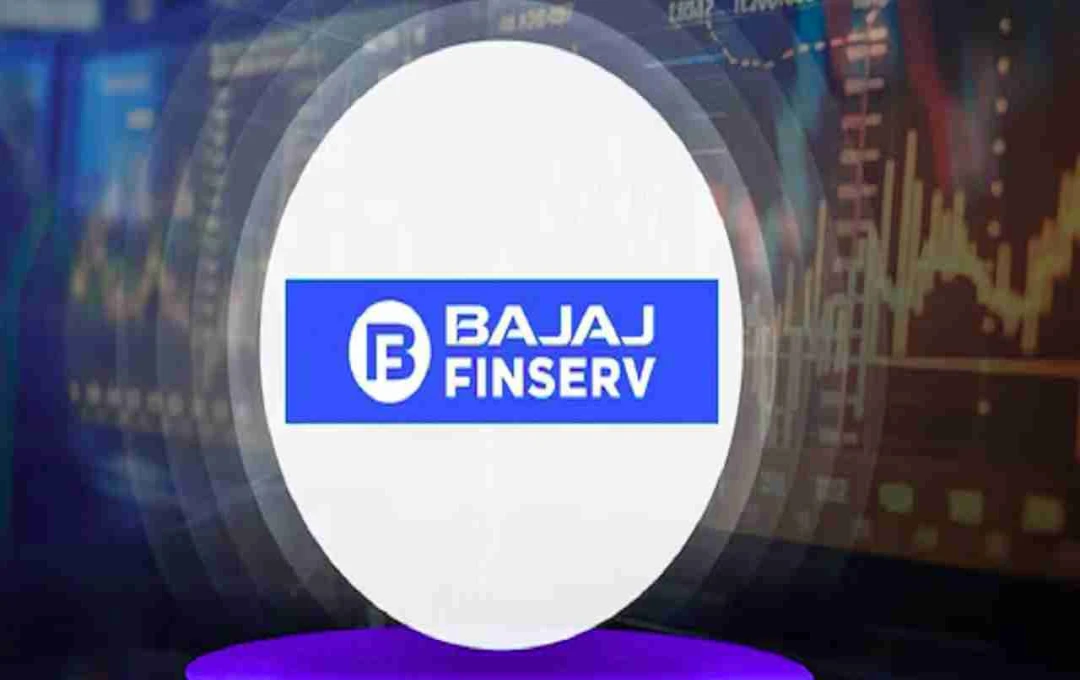Adani Group's significant investments in Israel are now jeopardized amidst escalating geopolitical tensions.
New Delhi: Global geopolitical tensions have exacerbated the challenges faced by India's prominent industrial conglomerate, the Adani Group. Rising military conflict between Israel and Iran casts a shadow over the group's multi-billion dollar investments. The sharp decline in Adani Ports and Adani Enterprises shares indicates significant investor concern regarding this situation.
On Friday, Adani Ports shares plummeted by 3.2 percent, closing at ₹1398, while Adani Enterprises shares fell by 2.8 percent, closing at ₹2469.55. This decline is not merely an economic indicator; it reflects the instability that the Middle East situation could impose on the Adani Group's global strategy.
Substantial Investment in Haifa Port Now at Risk

In 2023, the Adani Group acquired approximately 70 percent stake in Israel's strategically important Haifa Port for roughly $1.2 billion (approximately ₹10,000 crore). Located in northern Israel, this port handles a significant portion of the country's import and export activities.
Although the current military conflict between Israel and Iran is concentrated in the southern part of the country, a prolonged conflict could jeopardize the security of maritime routes. This would not only impact cargo traffic but also increase shipping costs and disrupt delivery timelines, directly affecting Adani Ports' operations.
Past Experiences with Regional Instability
This is not the first time Adani Ports has faced repercussions from Middle Eastern tensions. Previous regional unrest forced diversions of Adani Ports' dry bulk vessels, causing operational disruptions. The current situation appears far more severe.
Adani's Defense Sector Presence: A Double-Edged Sword
The Adani Group's presence in Israel extends beyond the port sector. In 2018, the group partnered with Israeli defense company Elbit Systems to establish Adani Elbit Advanced Systems India. This joint venture manufactures the Hermes 900 drone in Hyderabad, extensively used by Israeli defense forces.
While Israel's increased need for defense resources might boost this joint venture's prospects, it could also increase international pressure on Adani. If Iran or its allies take a political stance against this partnership, Adani could face global criticism.
Semiconductor Project Temporarily Halted
The Adani Group also had an ambitious plan for semiconductor production in Israel, a joint venture with Tower Semiconductor, estimated to cost around $10 billion. However, the current geopolitical climate has put this project on hold.
This deal could have been a significant leap towards technological self-reliance for India. However, escalating tensions and investor caution have cast uncertainty over this initiative.
Increased Market Volatility

Following Israel's strikes on Iranian military and nuclear sites, global markets witnessed significant turbulence. Crude oil prices surged by up to 9 percent, and gold prices also rose sharply. This indicates global investor concern over the escalating tension. The sharp decline in Asian stock markets highlights how the Middle Eastern conflict could impact the global investment climate.
Business Interests Caught in the Web of Geopolitical Risk
The Adani Group's foreign policy and global expansion strategy are increasingly subject to geopolitical equations. While its Israeli presence offers strategic advantages, it also significantly increases investment risk. If the conflict escalates or receives international intervention, the Adani Group's reputation and international projects could be severely affected.
Uncertainty over Future Strategy
The Adani Group's primary challenge is securing its global investments and mitigating future risks. While the Indian government has encouraged overseas investments by conglomerates like Adani in recent years, a reassessment of such investments is now necessary.
Will the Indian Government Offer Support?
Under these circumstances, questions arise about whether the Indian government is developing a strategy to protect major investors like the Adani Group from geopolitical risks. Will defense and trade agreements between India and Israel offer future relief for the Adani Group, or will the group need to adapt its strategy accordingly?














